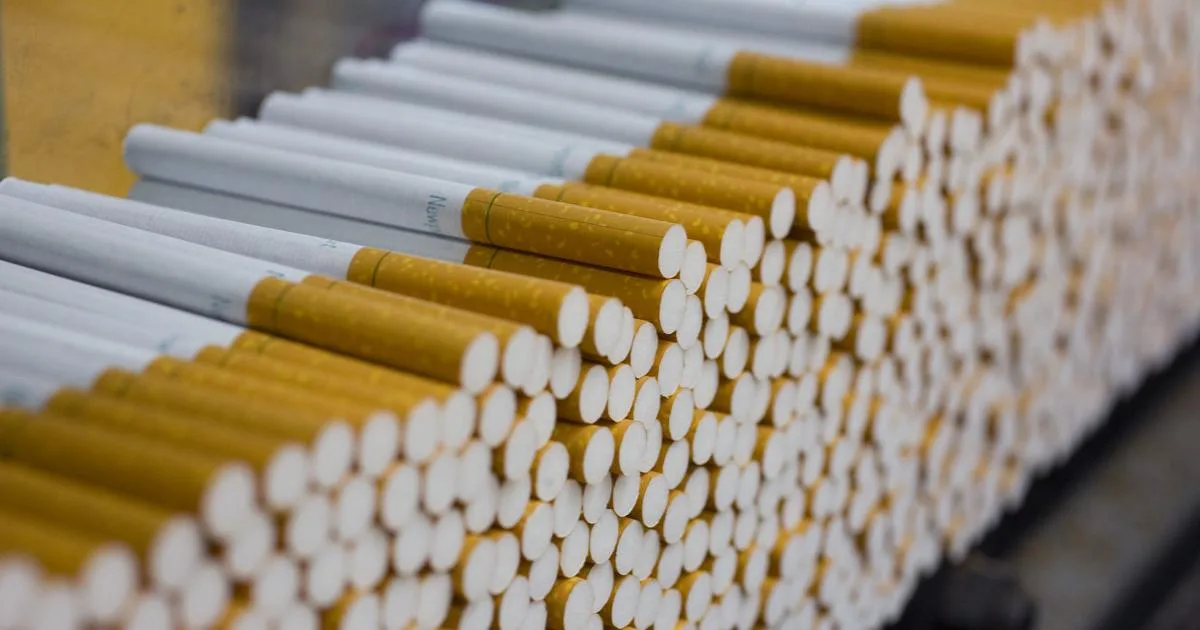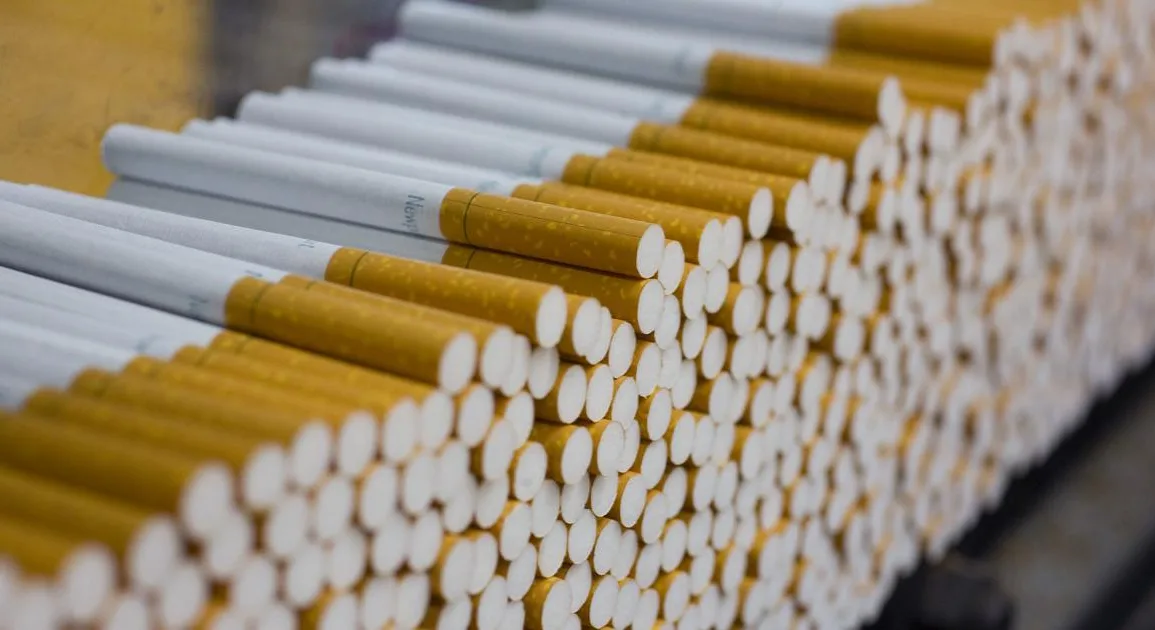
The Biden administration has added several tobacco-related priorities to its White House Cancer Moonshot initiative while continuing to encourage previous smoking-focused efforts targeting menthol flavorings.
The latest updating of the initiative was unveiled in a fact-sheet presentation.
Some of the new elements address the use of tobacco and smoking products by Blacks and individuals in the LGBTQIA+ communities.
The National LGBT Cancer Network has committed to making tailored tobacco-cessation materials more readily available.
LGBTQIA+ communities use commercial tobacco products at rates 49% higher than the general population, but “there is a dearth of tailored cessation materials for these communities,” according to the White House news release.
People are also reading…
The network will work with stakeholders, such as the North American Quitline Consortium, National Cancer Institute-designated cancer centers, and community members “o ensure these materials are compelling and motivational, and widely promote their availability.”
Meanwhile, the African-American Tobacco Control Leadership Council is preparing to launch a coordinated effort to make Emotional Brain Training (EBT) services available for stress management and smoking cessation.
The council plans to debut by the end of the year the use of a free app for anyone new to EBT “to gain easily scalable, rapid-acting tools to assist with smoking cessation. EBT has shown long-term effectiveness in treating stress overload, as well as mood and addictive behaviors including smoking.”
There also will be enhanced emphasis on smoking-cessation efforts among American Indians, Alaska Native residents.
CVS Health plans to roll out an expanded smoking cessation program in 12 states that features assessment, prescribing and counseling program at its retail pharmacies.
“The Cancer Moonshot has announced roughly 50 new programs, policies, and resources and secured more than 100 commitments from private companies, non-profit organizations, patient groups, and more toward the president’s and first lady’s goals,” according to the administration.
Among the five previous initiatives, the federal Centers for Disease Control and Prevention has pledged a five-year, $15 million program to help increase adoption, implementation, and enforcement of policies prohibiting the sale of menthol and other flavored tobacco products, and to increase awareness of cessation services and coverage options among populations experiencing tobacco-related disparities.
Other updates on current programs include:
* The U.S. Department of Health and Human Services finalizing a roadmap for enhancing collaboration and coordination with federal agencies and non-governmental organizations ” equitably accelerate smoking cessation progress, with a specific focus on communities disproportionately impacted by tobacco use.”
* A new pilot program to increase veteran engagement in tobacco use treatment through the Department of Veterans Affairs.
Yolonda C. Richardson, president and chief executive for Campaign for Tobacco-Free Kids, said the new initiatives “demonstrates the administration’s commitment not only to eliminating menthol cigarettes, but to effectively implementing this policy and maximizing its benefits in helping smokers quit, advancing health equity and saving lives.”
“No single action would have a greater impact in saving lives from cancer — and reducing cancer-related disparities — than to drive down smoking and help more smokers quit.”
No menthol update
The Food and Drug Administration continues to signal it will introduce final rules on banning menthol flavorings in traditional cigarettes and cigars, though its planned August deadline has passed without the unveiling.
The agency first disclosed its plans in June 2022 with the goal at that time of having the menthol prohibition in place by May 2023.
The FDA also has disclosed its intentions for setting a maximum nicotine level for tobacco products, moving the timeframe for its next disclosure from October to December.
Barclays analyst Jain Gaurav said the FDA’s main focus “is going to revolve around the evaluation of premarket tobacco applications of deemed products, notably e-cigarettes, in the next few months.”
The FDA faces a legislative challenges from a Republican-sponsored legislation in the U.S. House that would derail both initiatives.
The legislation would prevent the U.S. health secretary from finalizing, issuing or implementing any rule, regulation, notice of proposed rule making or order setting any standard that would prohibit menthol as a flavor in traditional cigarettes and cigars.
Another section applies similar language prohibiting setting a standard that mandates a maximum nicotine level for cigarettes.
If the White House were to sign off on the initiatives, analysts say it is very likely the standards would be speedily challenged in federal court by tobacco manufacturers and other parties.
“We expect a two- to three-year cycle from the day FDA passes any rule to the time such rule is finalized after the likely court challenges,” Gaurav said. “We don’t expect a menthol cigarette ban from the FDA implemented (if it were to pass) at least until 2026.”
As it relates to lower permissible nicotine levels in tobacco products, Gaurav said “we think it will take a decade or longer for the FDA to introduce nicotine caps due to the long nine-step process at the FDA, the inevitable litigation, and then the one-year time period given to retailers to sell down excess inventory.”


